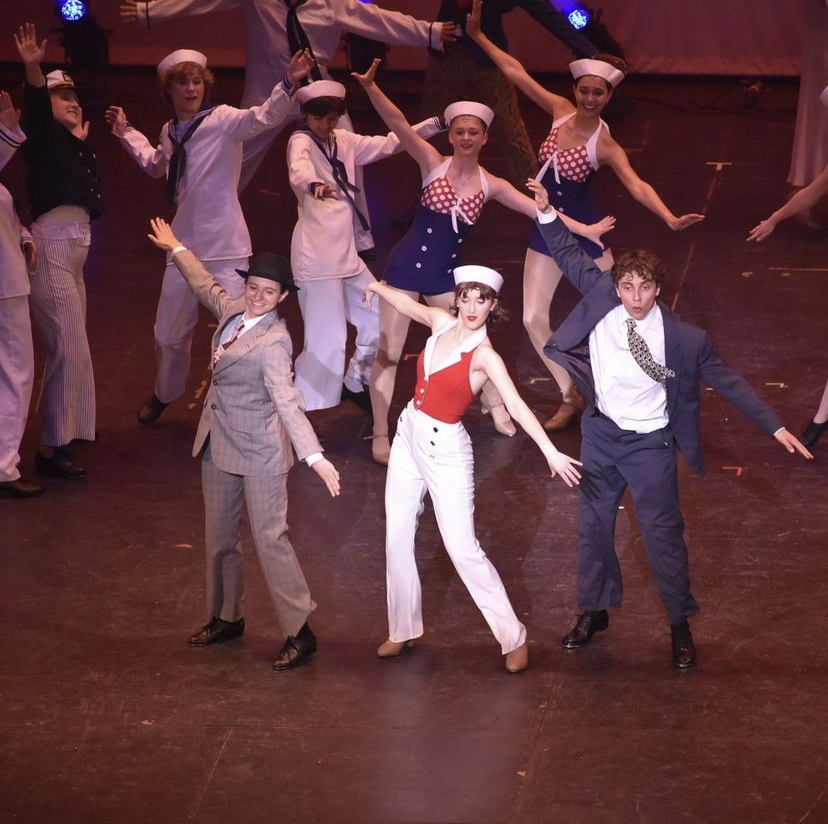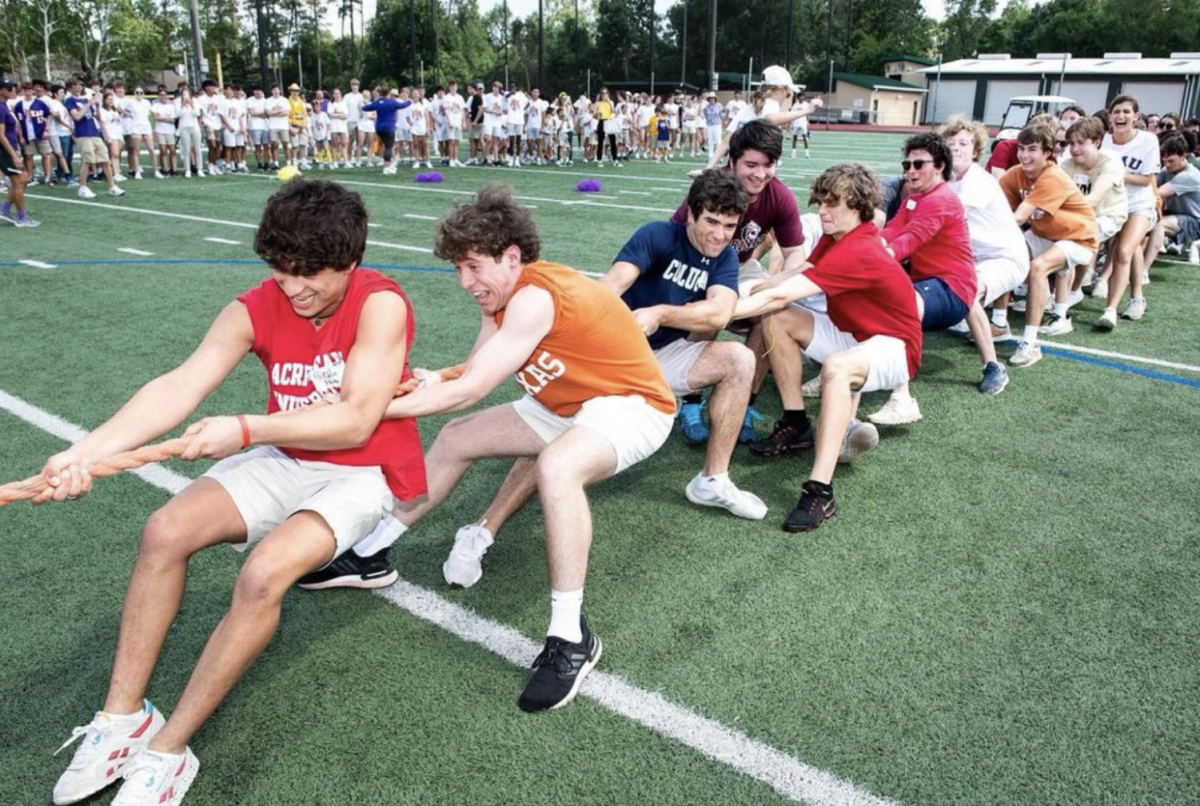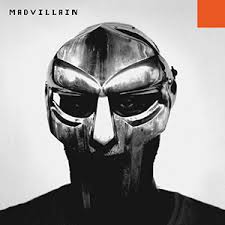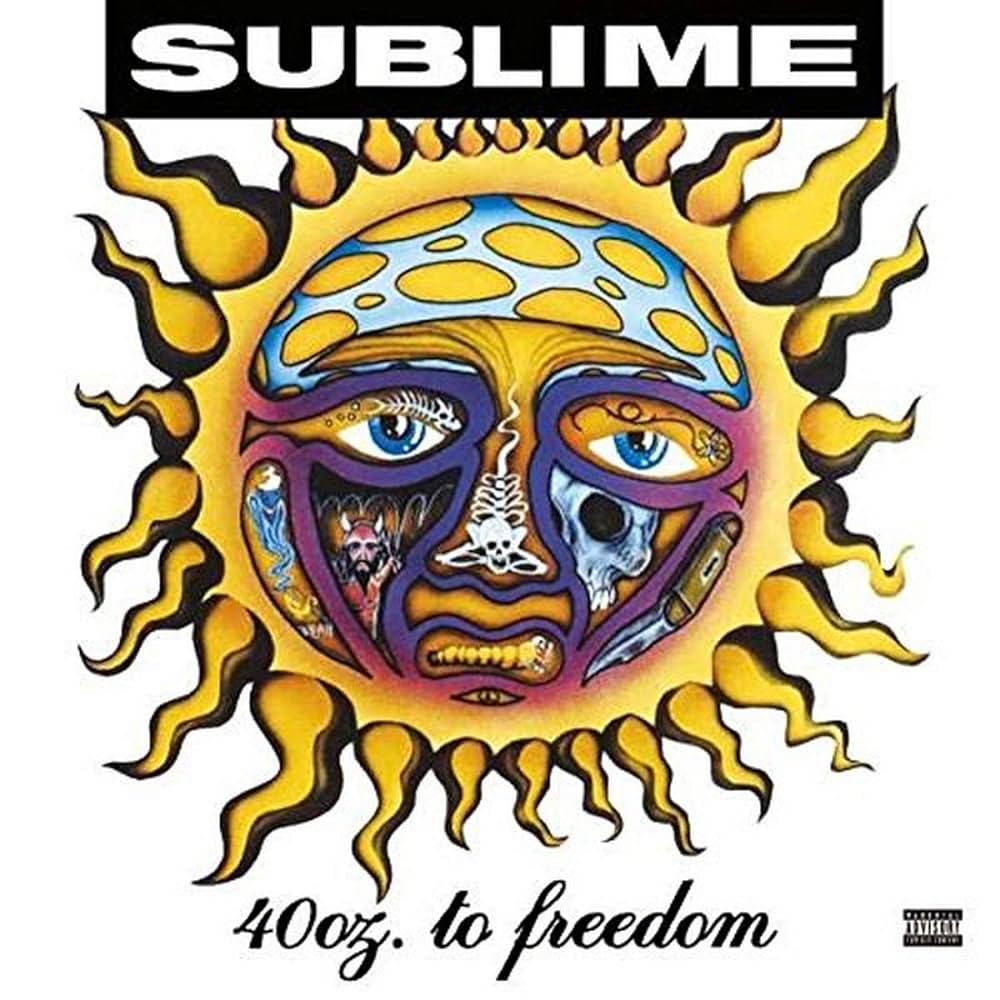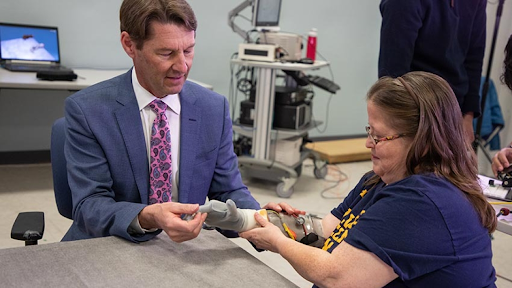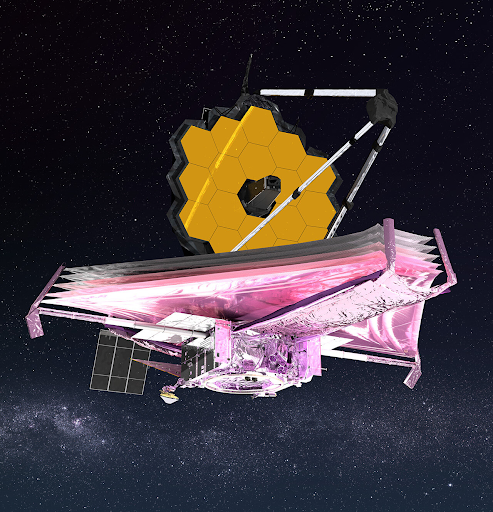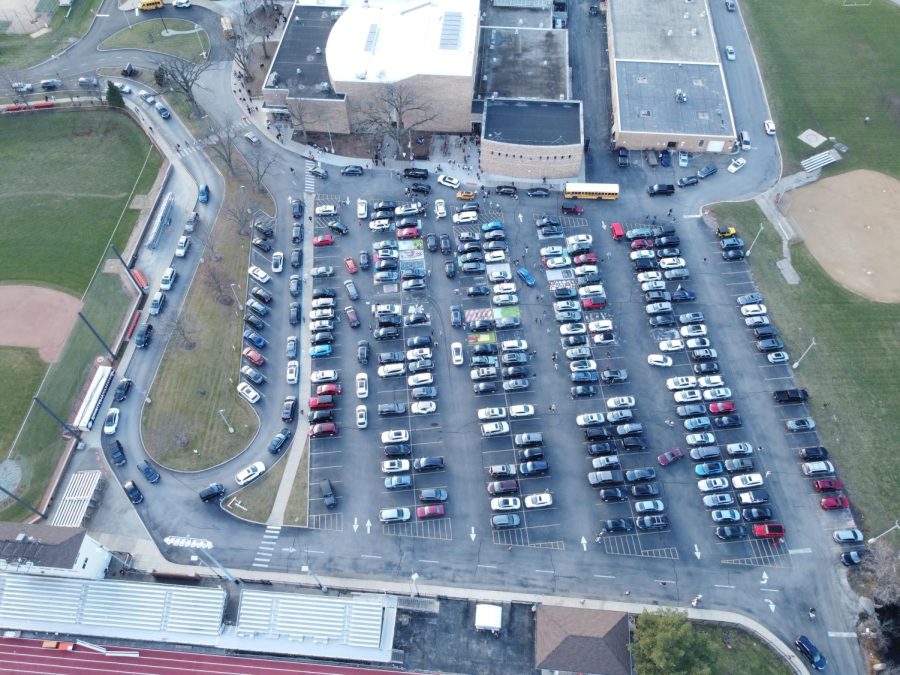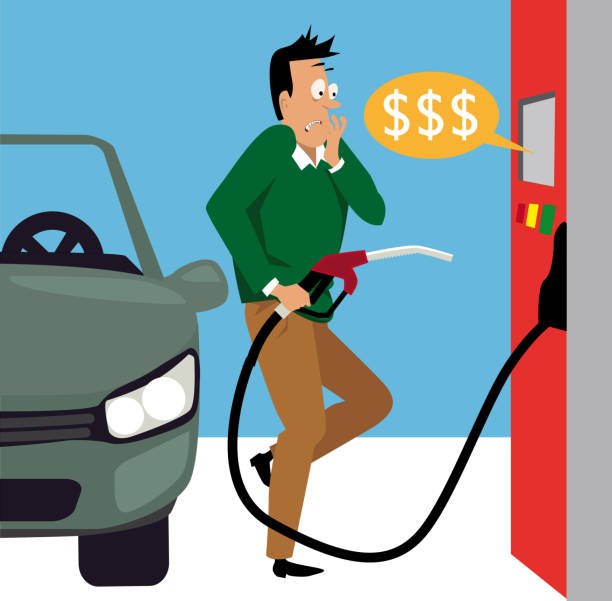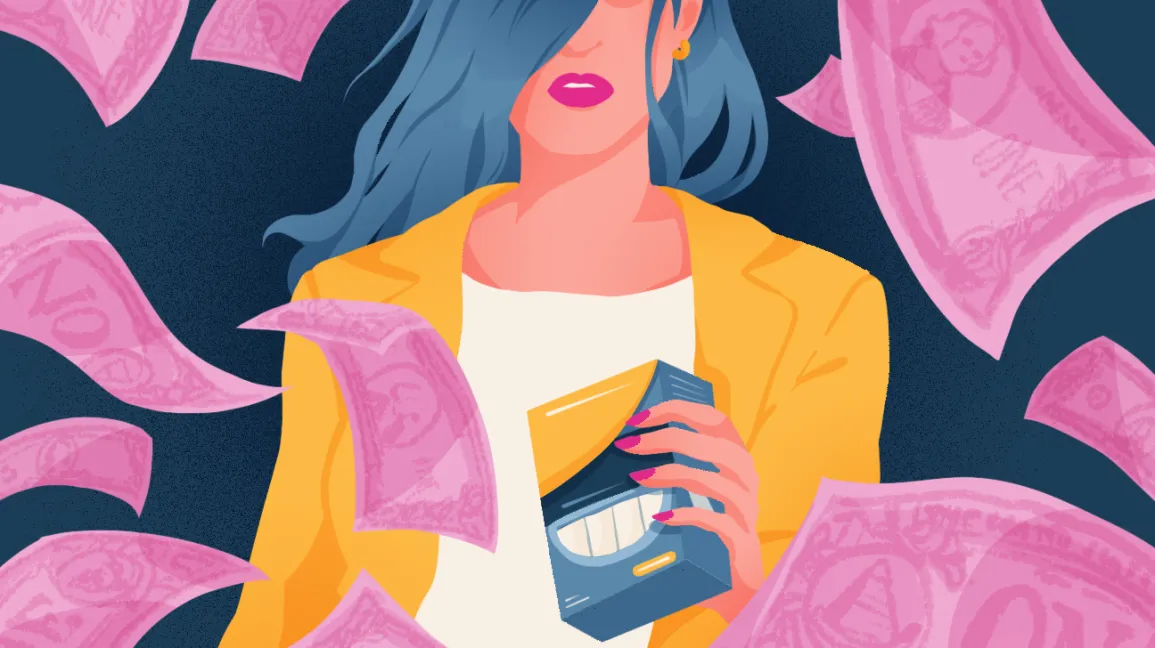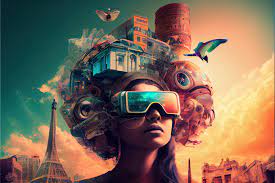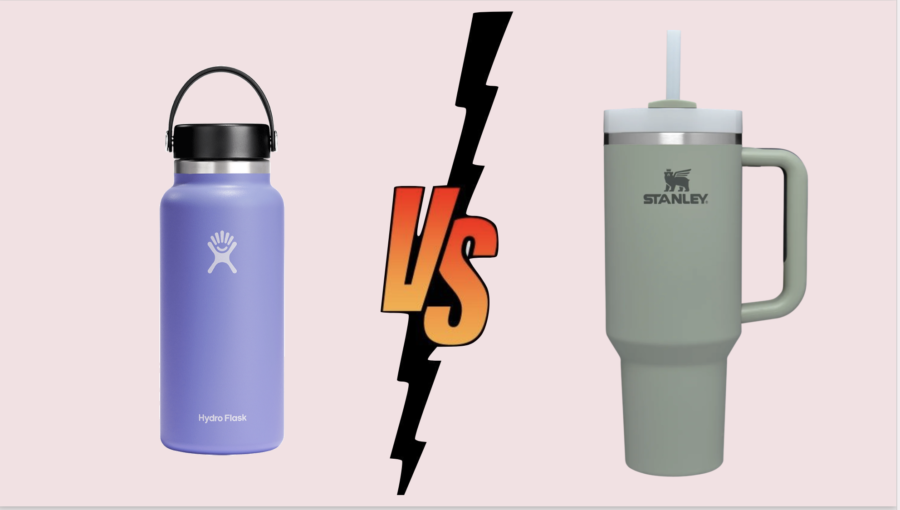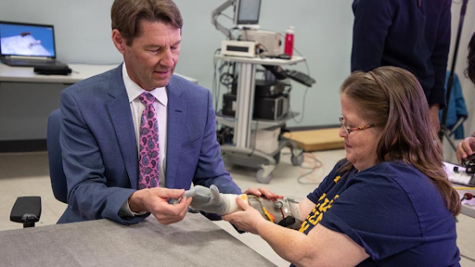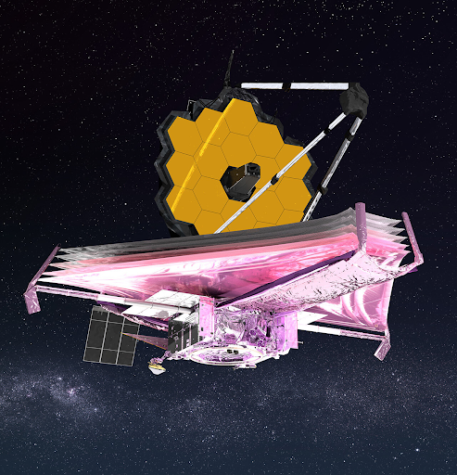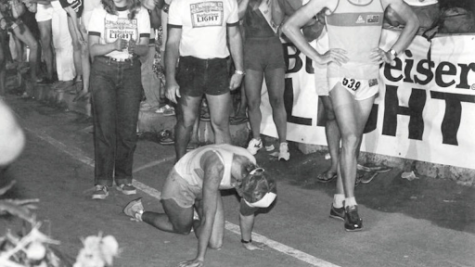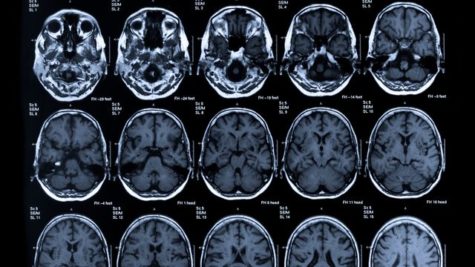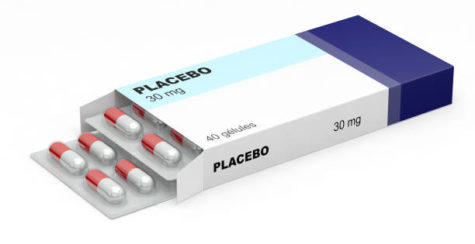What Really is Deja Vu?
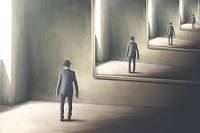
April 18, 2023
Let’s say there is this man named Jake. Jake was on vacation with his best friends, a place in Vermont where they have never been before. Jake and his friends were all sitting by a fire, telling stories, and laughing. All of sudden, quickly and powerfully, a weird feeling takes over Jake’s chest and stomach, sort of like being on a rollercoaster that is dropping. A weird sense of familiarity, Jake becomes confused as his brain is sending signals that he has done this before, when in reality he hasn’t. The feeling was brief yet intense, however when the feeling vanished, Jake just continued enjoying the fire with his friends.
How is it possible to feel like you’ve been somewhere you actually haven’t?
It all can be explained by the French words “Deja Vu”, which means “already seen.” Deja Vu has developed into a term used to describe the feeling of a false sense of familiarity. It is a quick yet powerful feeling that can cause confusion for anyone who experiences it. It’s like a glitch in our brain cells, when our memory cortex malfunctions and about 97% of people experience it.
But what really causes Deja Vu? Can it happen to anyone? Does it mean I can see the future?
There are so many underlying questions when it comes to Deja Vu. Many people who experience it just forget about it after the feeling fades but others want to know why they are getting this feeling. However,“Because there is no clear, identifiable stimulus that elicits a déjà vu experience (it is a retrospective report from an individual), it is very difficult to study déjà vu in a laboratory,” said Michelle Hook, Ph.D., assistant professor in the Department of Neuroscience and Experimental Therapeutics, at the Texas A&M Health Science Center College of Medicine.
“Stress and exhaustion can contribute to déjà vu,” Dr. Khoury, a doctor at the Cleveland Clinic says. This can explain why the memory cortex may malfunction, simply because someone is tired or their brain is under a lot of stress.
Sometimes, your hippocampus, which stores short-term memory, and surrounding brain tissue can be stimulated, causing you to have memory experiences like déjà vu. “This causes a disruption of recognition memory systems, which gives you that false sense of familiarity,” says Dr. Khoury.
In most cases, Deja Vu is nothing to worry about, it’s just your brain making mistakes which is very common. The overwhelming feeling of familiarity may cause confusion however it is important to be educated on Deja Vu to understand how and why people get this feeling and that most times it’s simply just a brain malfunction.
Now let’s visit Jake. A few months later, Jake is crossing the street and gets the powerful feeling of Deja Vu again. He decides to take out his phone and research Deja Vu. Now with a better understanding of what the feeling is, he goes on with the rest of his life and if he ever feels it again, he can just say, “Ah that’s just Deja Vu,” and the feeling quickly fades.



